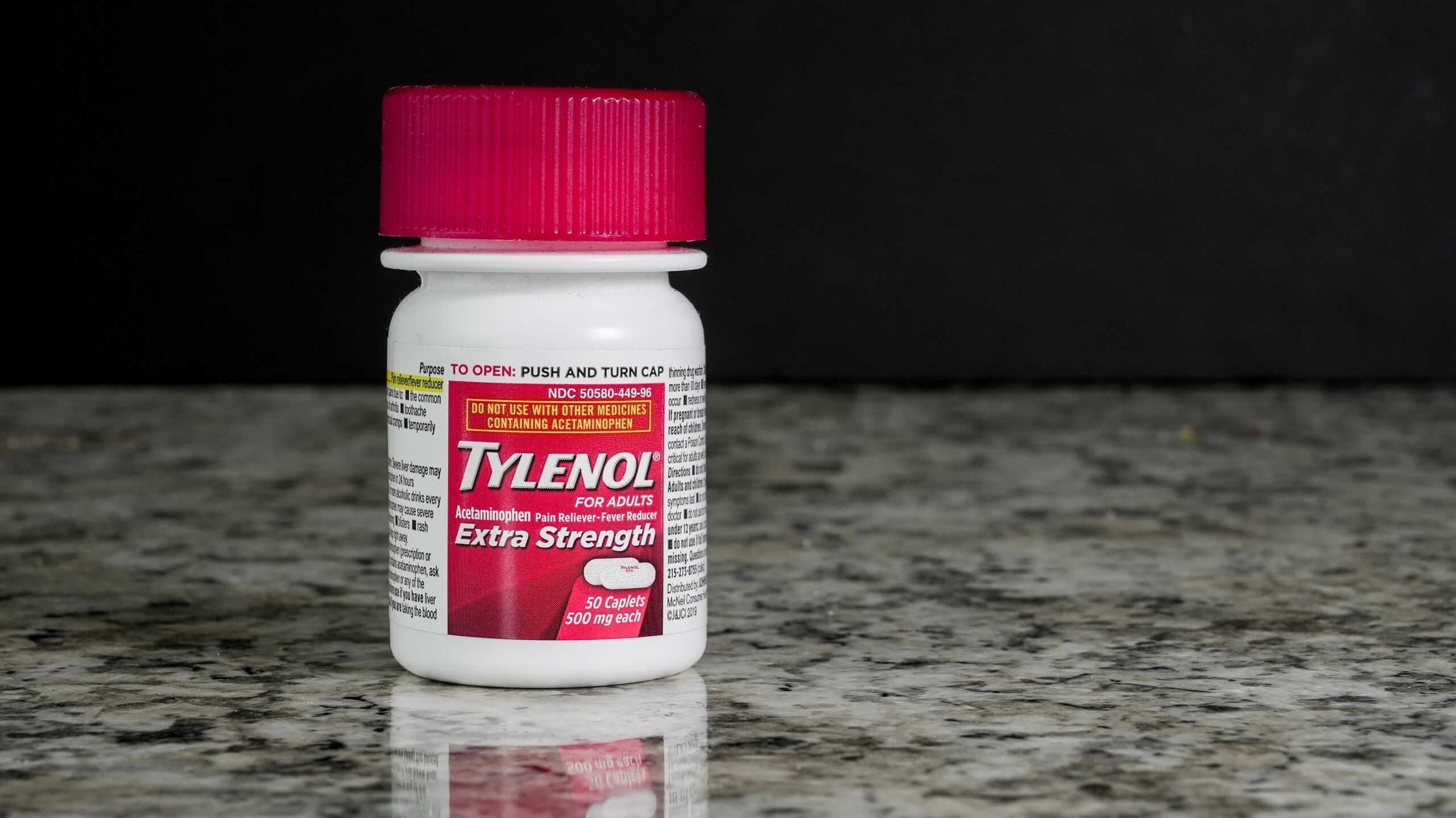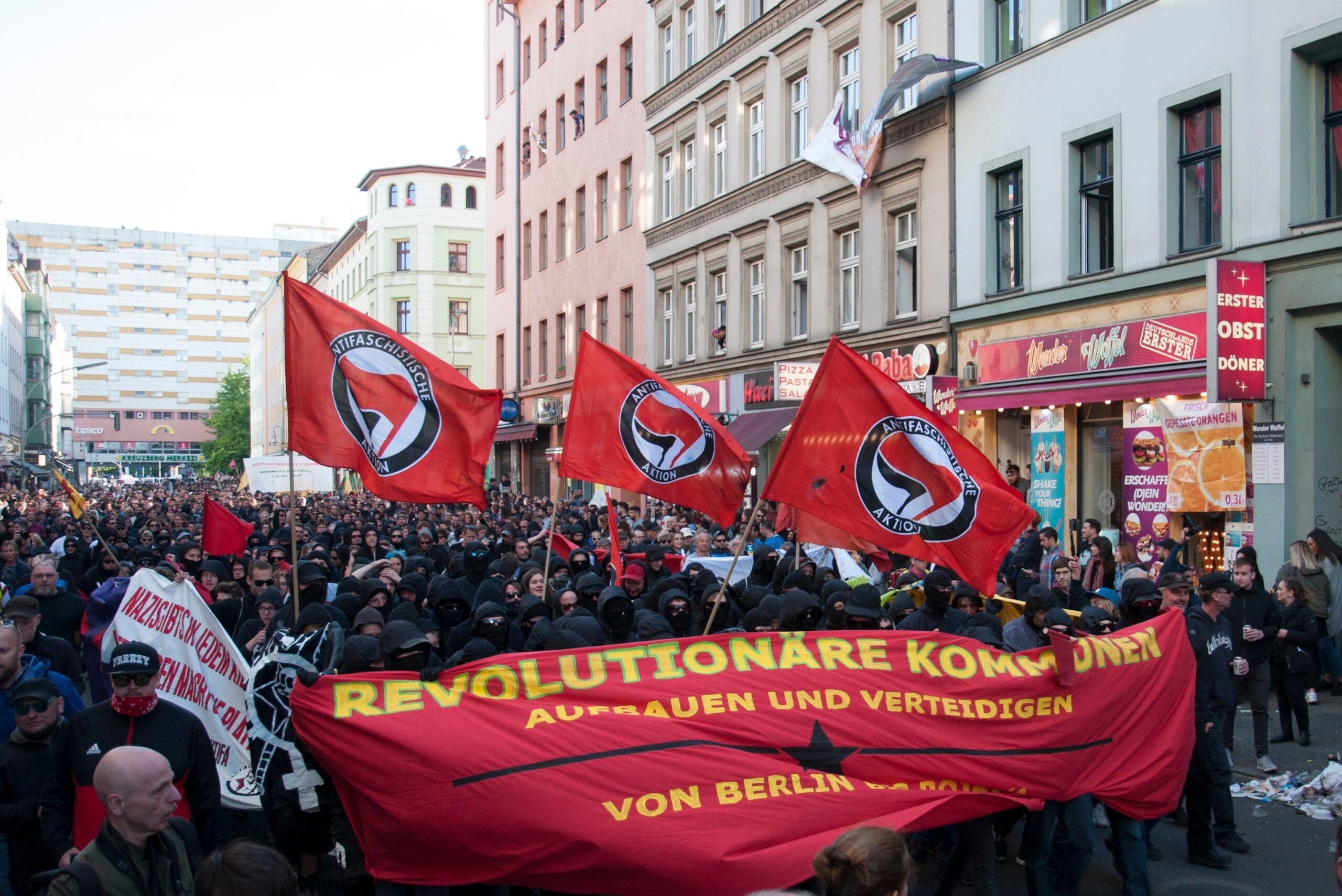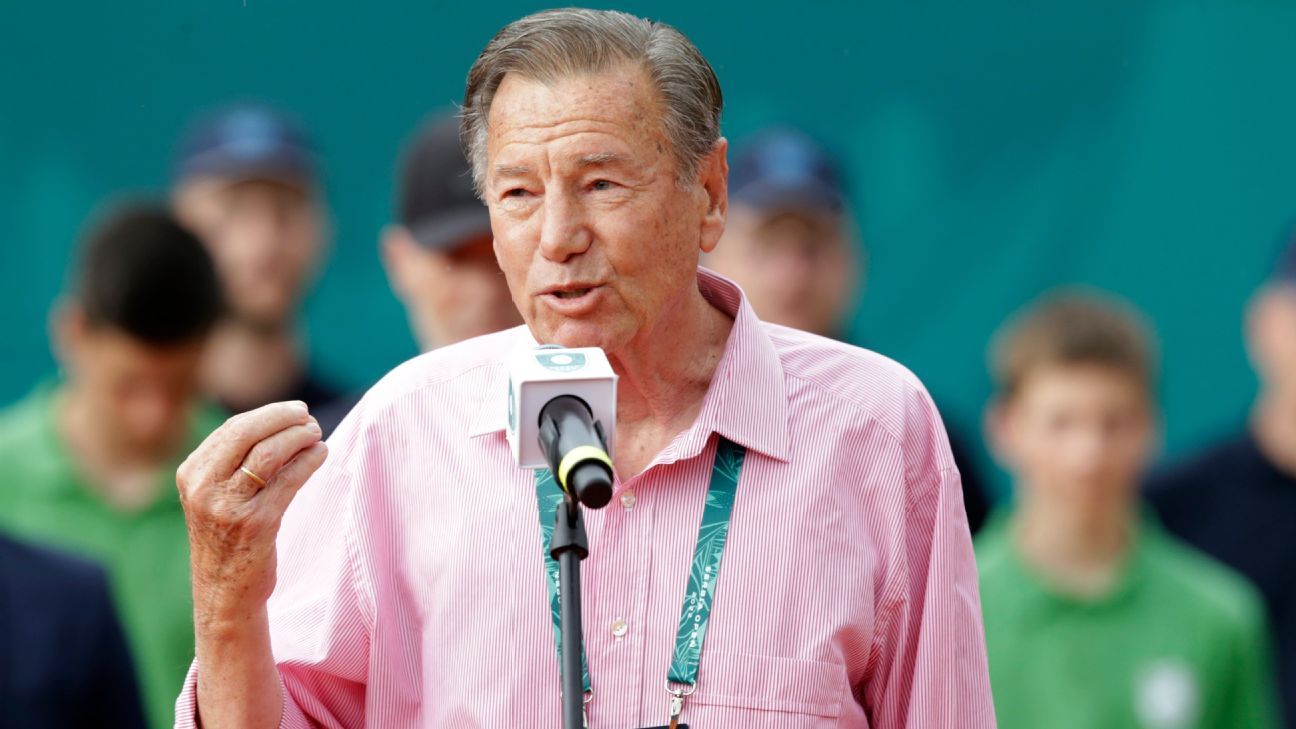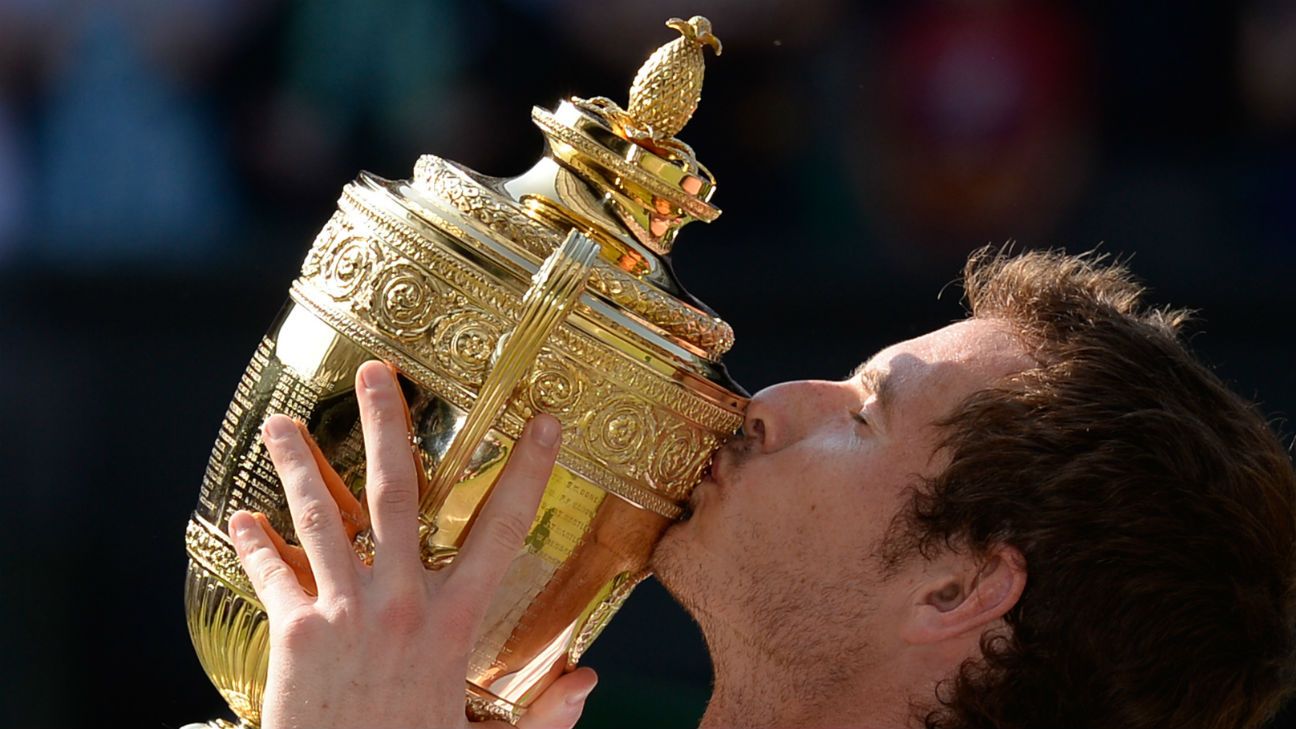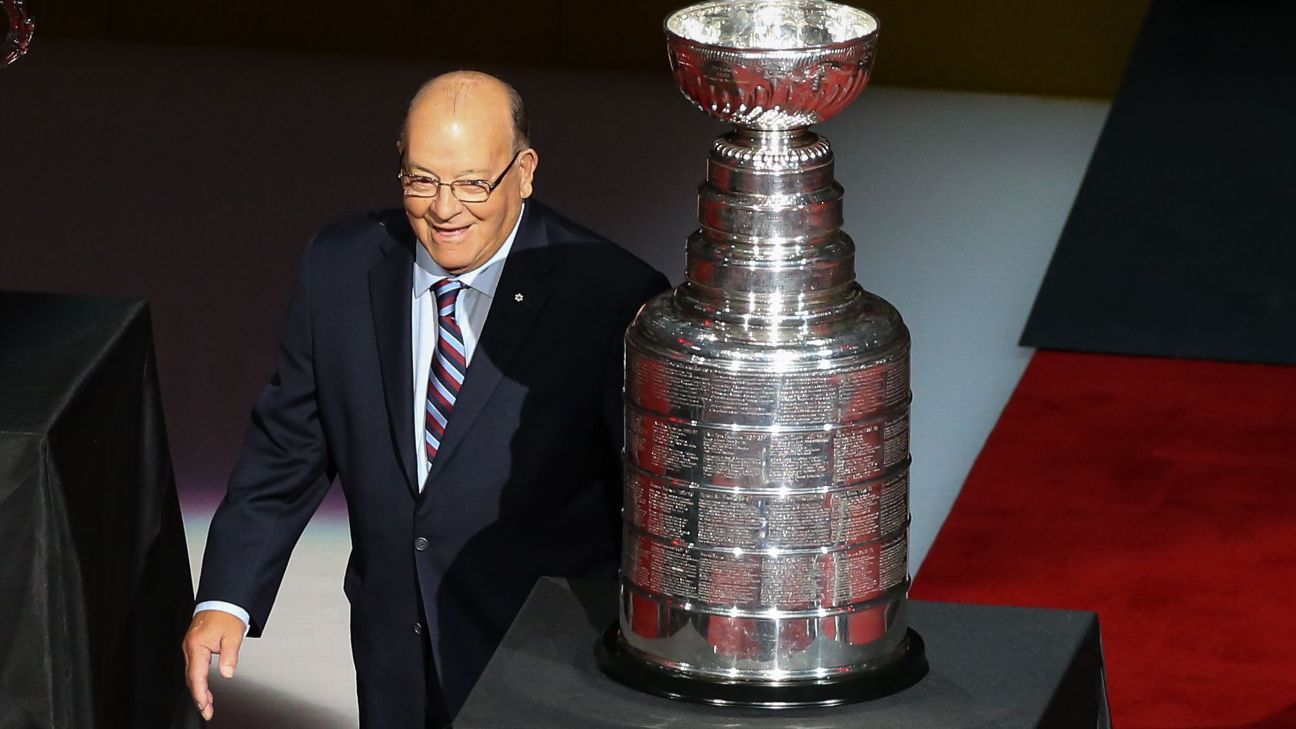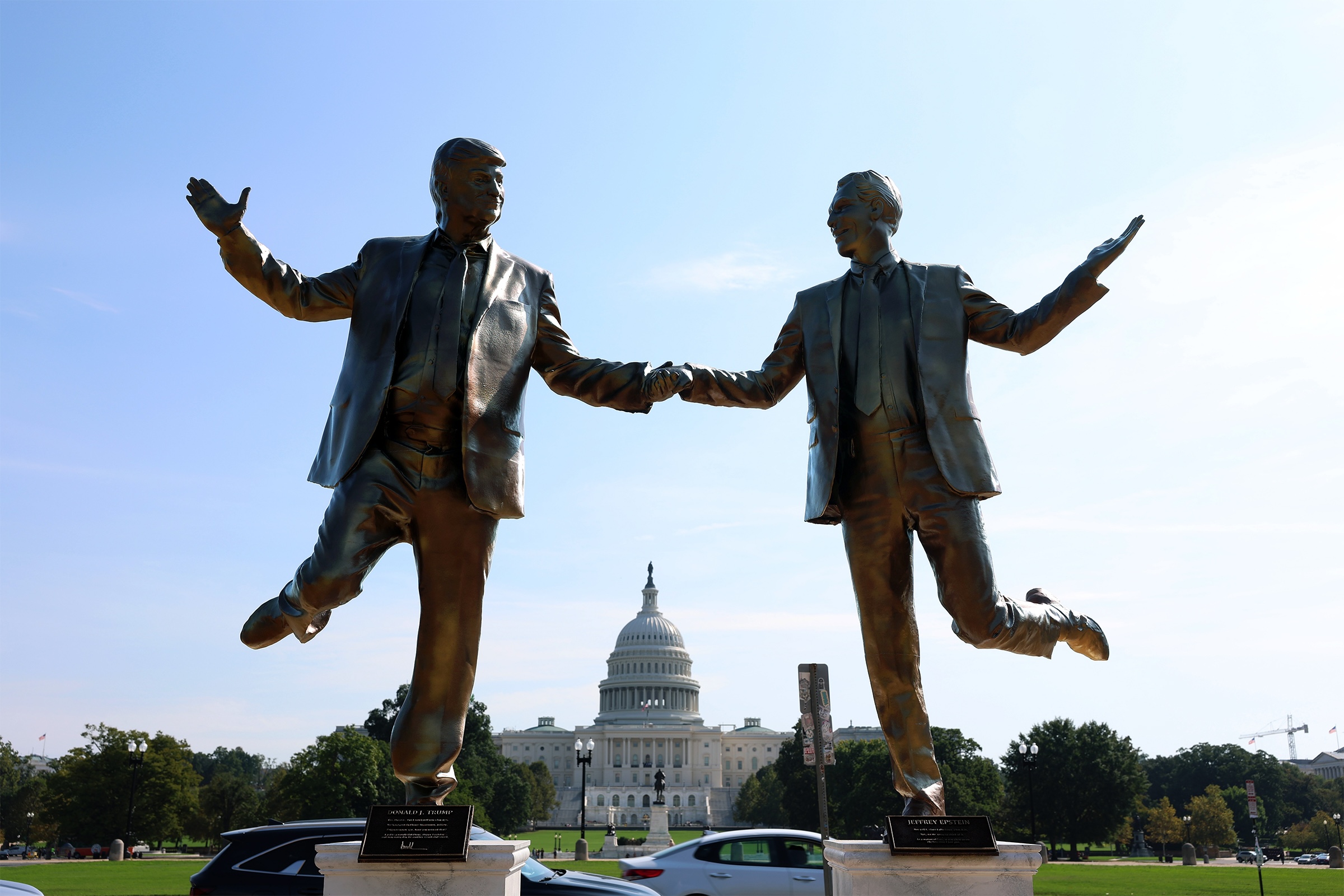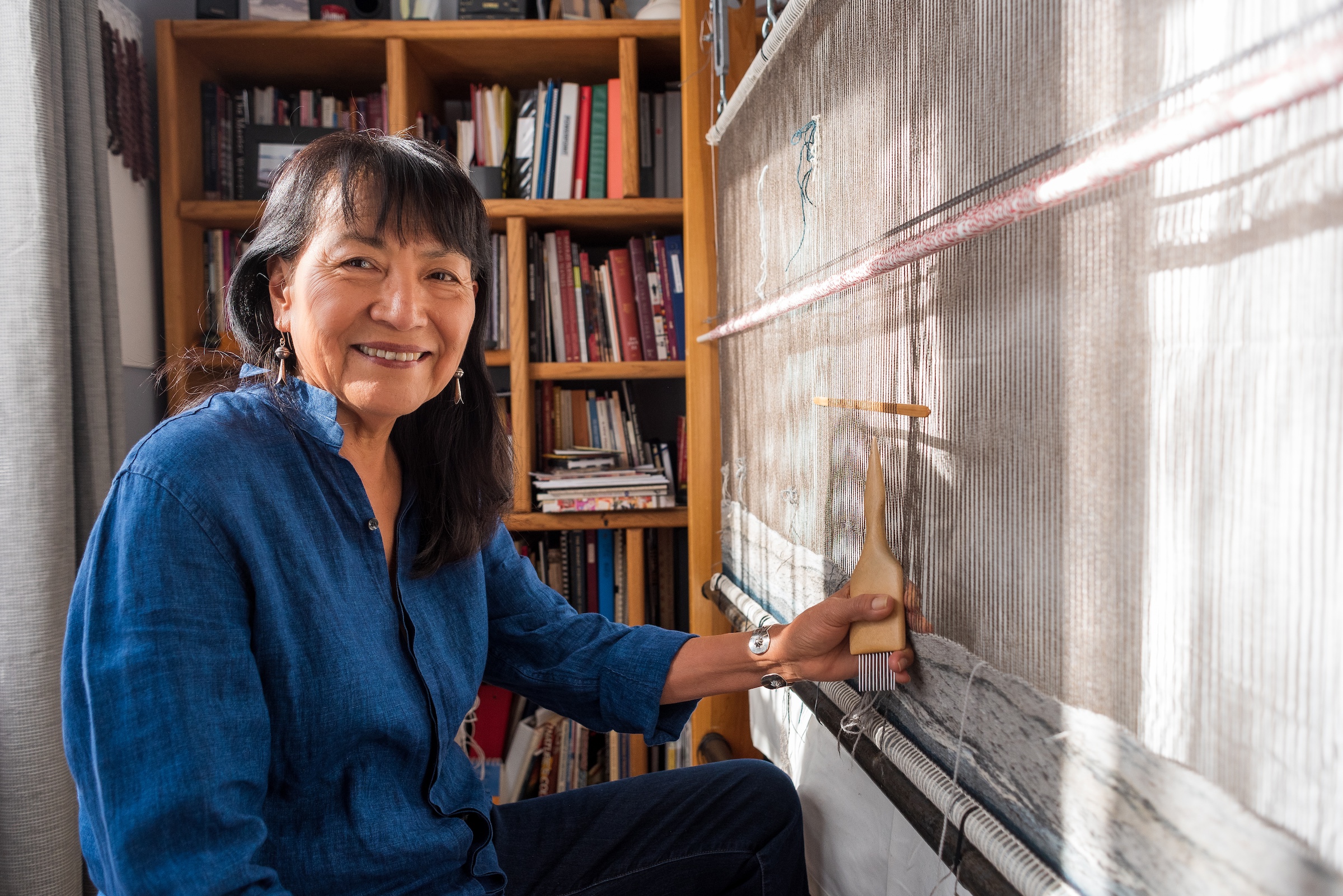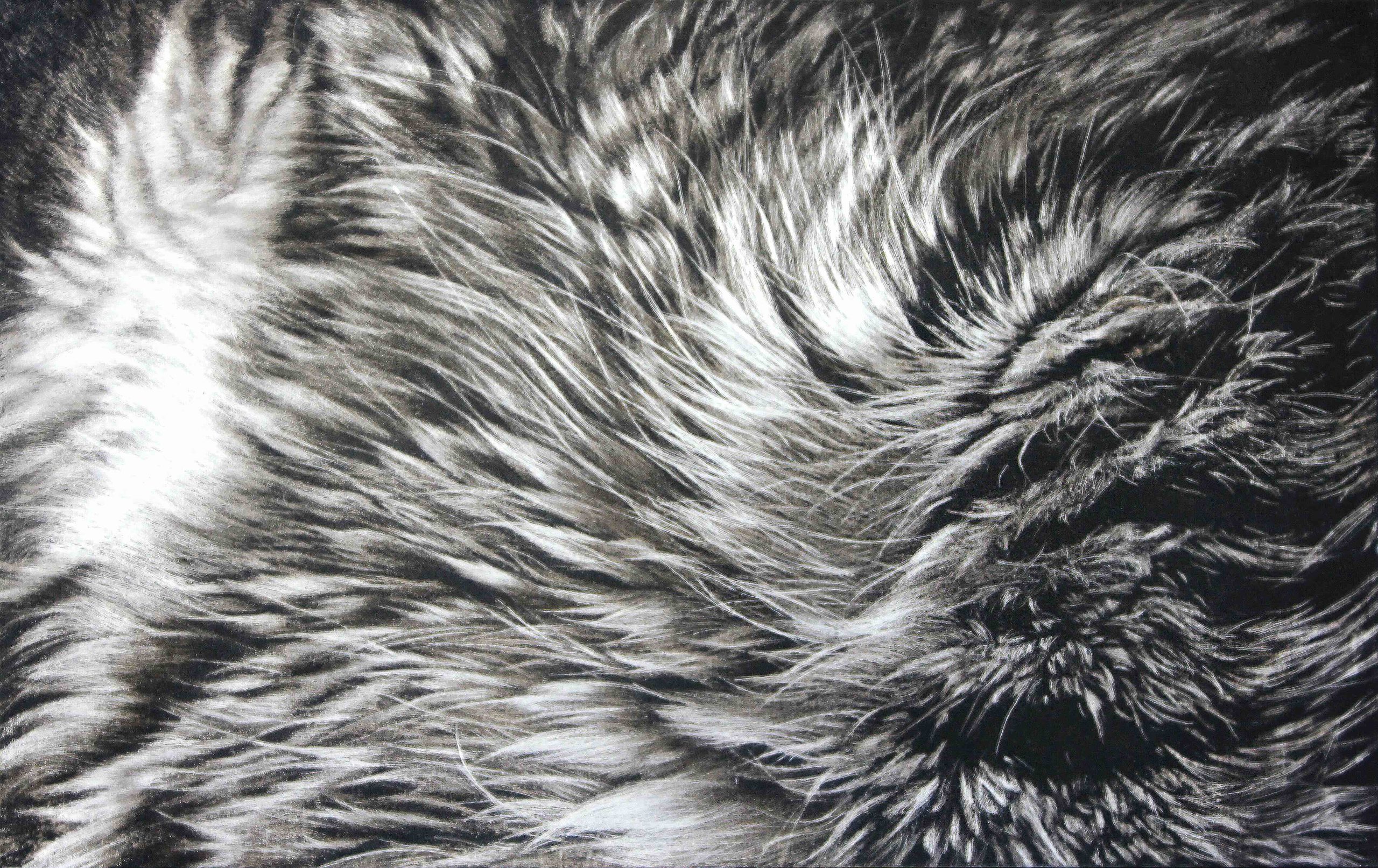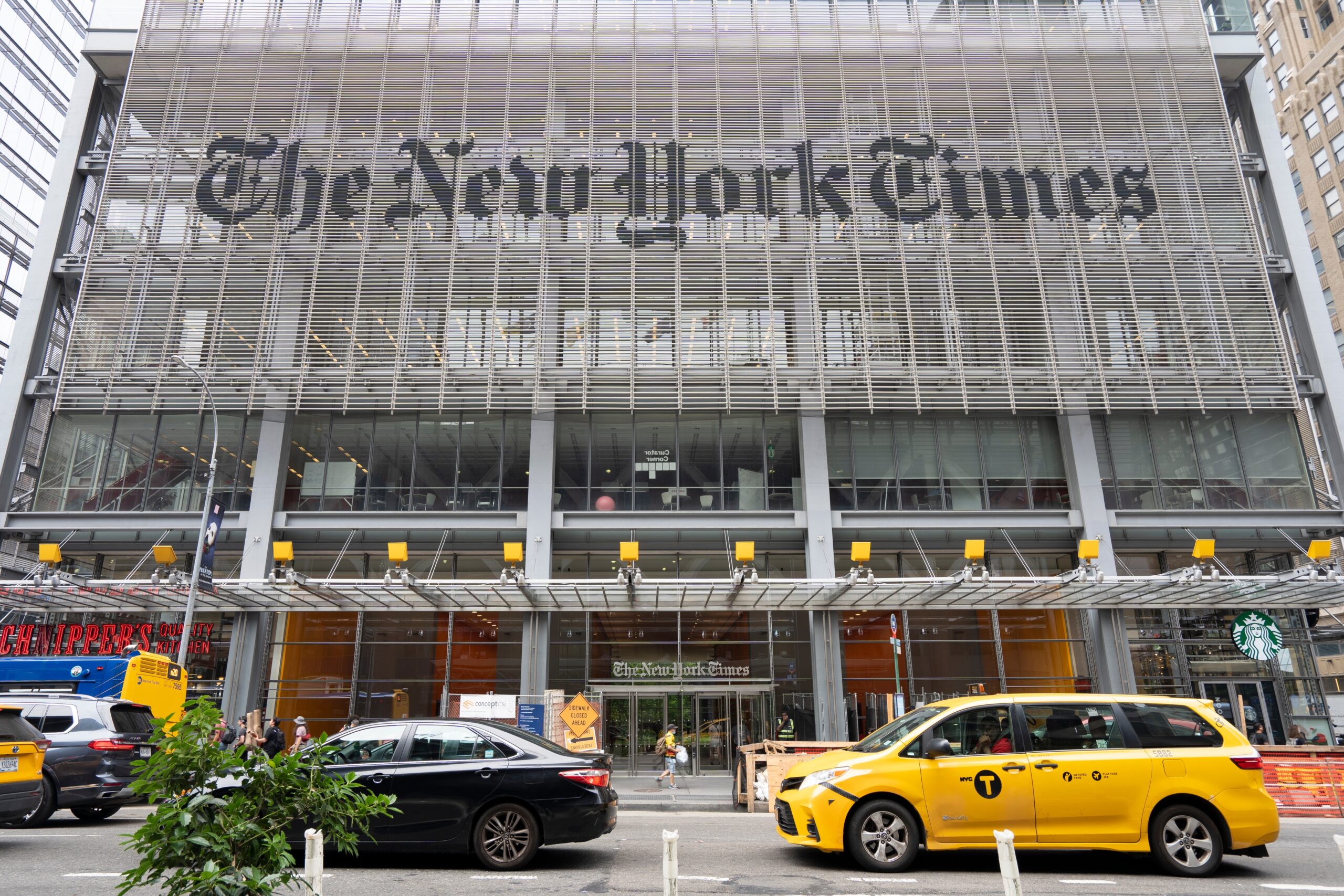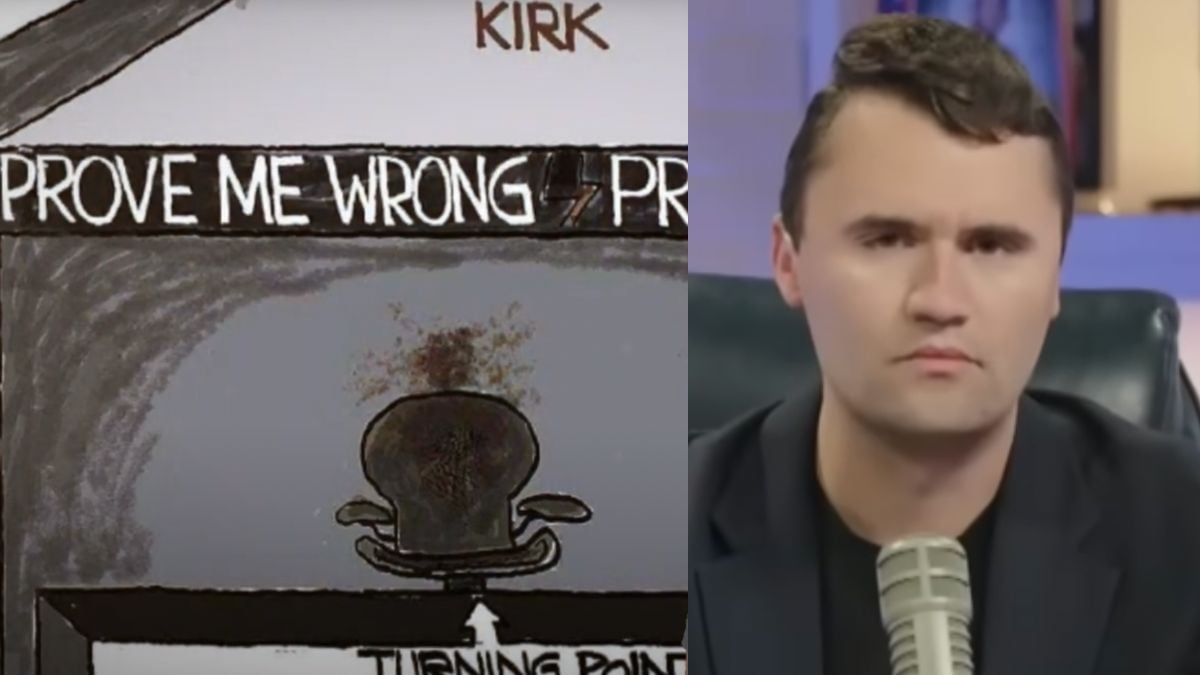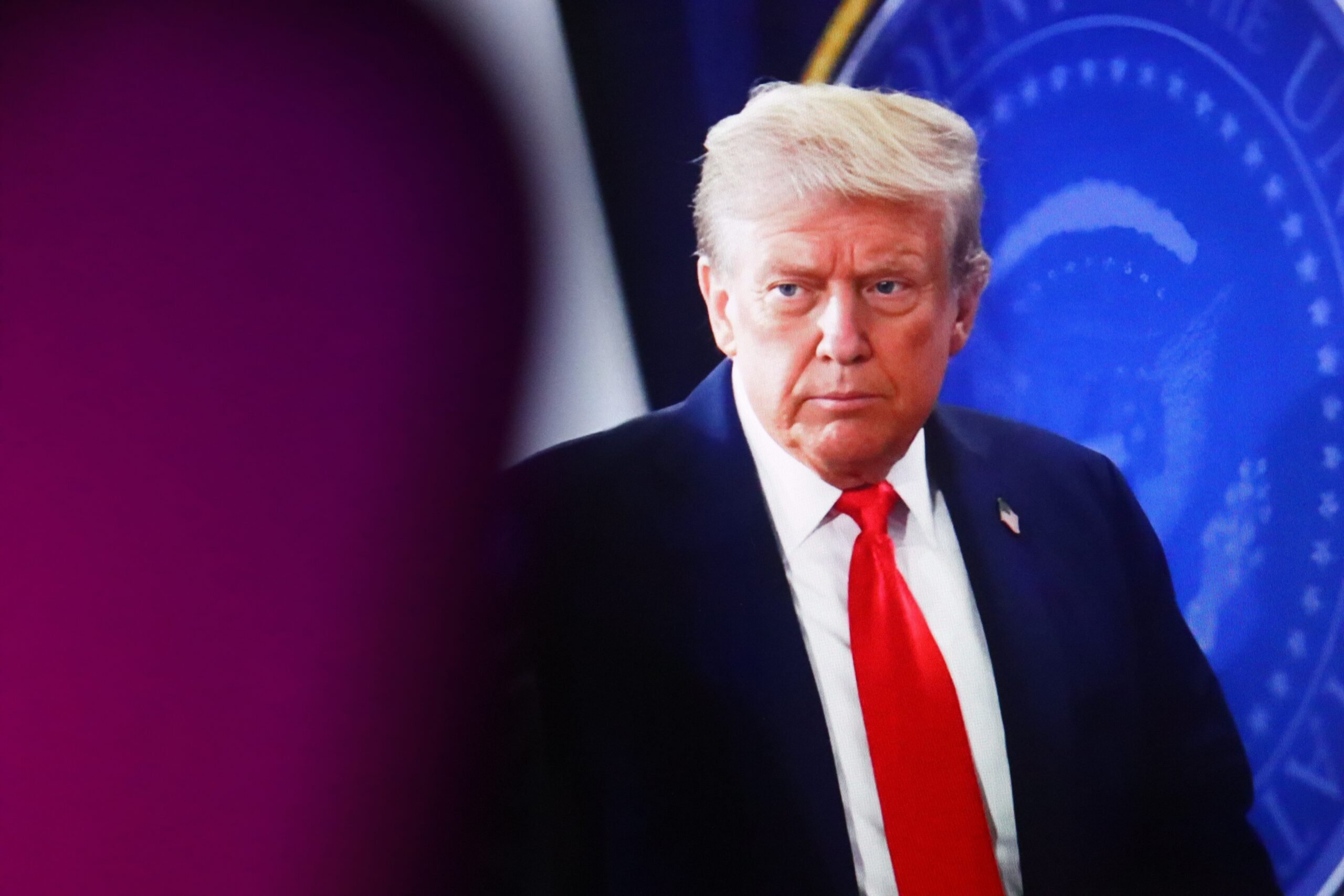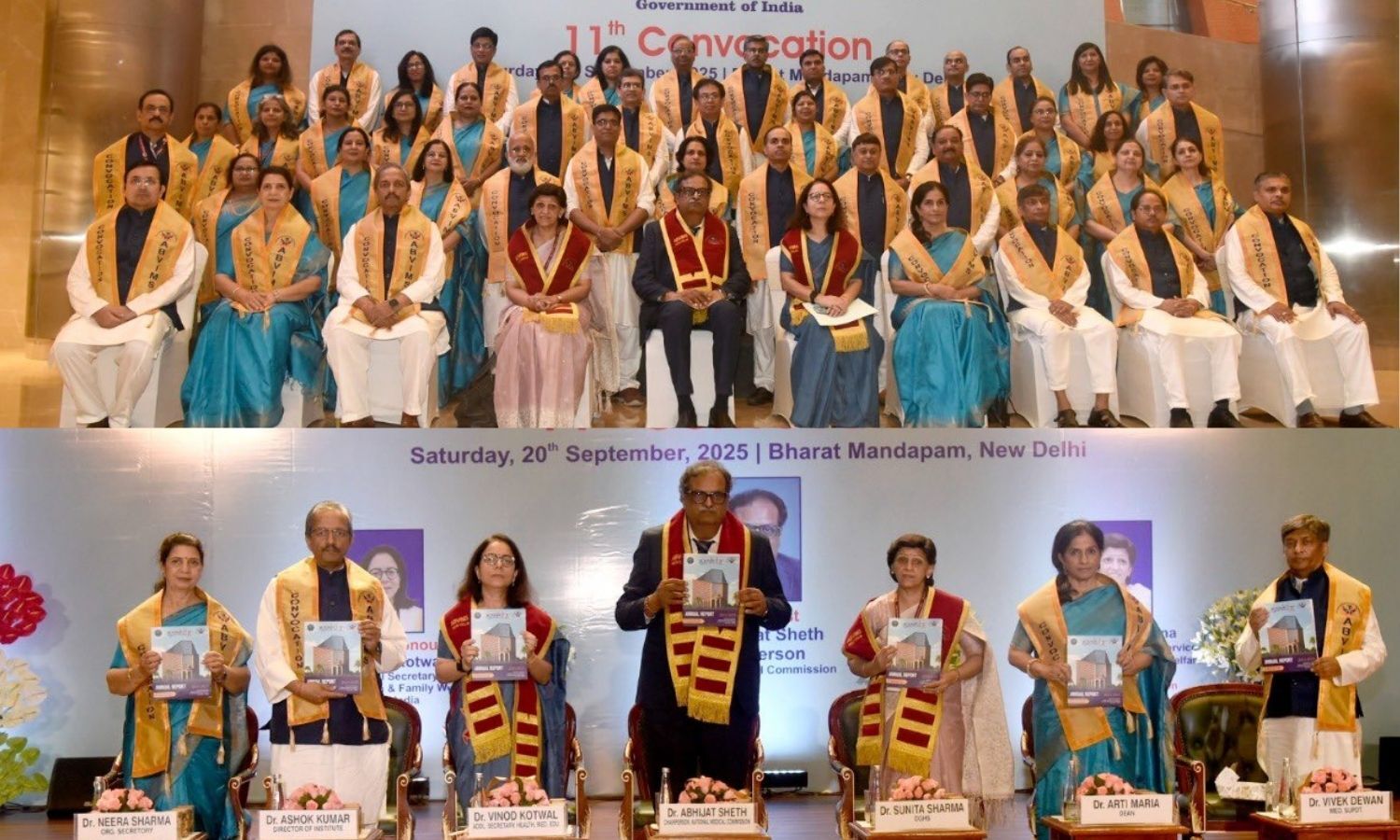Delhi HC dismisses plea seeking removal of Afzal Guru and Maqbool Bhat’s graves from Tihar jail
On 24th September, the Delhi High Court denied a Public Interest Litigation (PIL) that sought to have the graves of Kashmiri terrorists Mohammad Afzal Guru and Mohammad Maqbool Bhat removed from the Central Jail in Tihar. The prayer which was filed by the Vishwa Vedic Sanatan Sangh wanted authorities to move the remains to a hidden location if needed to stop the glorification of terrorism and exploiting the jail’s facilities. Mohammad Maqbool Bhatt, the founder of the Jammu Kashmir Liberation Front (JKLF) and Parliament attack convict Mohammad Afzal Guru were given the death penalty and were executed at Tihar jail. Guru was put to death in February 2013 while Bhatt was hanged in February 1984. What did the plea say The plea mentioned that the two planned and carried out terrorist attacks that seriously jeopardised India’s security, sovereignty and territorial integrity while working under the umbrella of “extremist Jihadi ideology.” It argued that the members of a particular community now uses the graves to pay respect to the terrorists. According to the submission, Tihar has become a “radical pilgrimage spot” for extremist outfits due to the burial sites close to Jail No. 3. The PIL noted that the continued presence of these graves inside a state-controlled prison is illegal, unconstitutional, and against public interest. “This not only undermines national security and public order, but also sanctifies terrorism in direct contravention of the principles of secularism and rule of law under the Constitution of India,” it expressed. However, a Division Bench consisting of Chief Justice Devendra Kumar Upadhyaya and Justice Tushar Rao Gedela pronounced that it is unable to consider the request since the government must make that decision while taking law and order into consideration. They added that the government’s decision to bury them within the prison was a critical one and could not be changed after more than ten years. The PIL emphasised that the installation of tombs, shrines, or other religious structures on jail property is prohibited by the Prisons Act of 1894, the Delhi Jail Manual of 2018 and other established prison laws. Additionally, it noted that the Delhi Prisons Rules of 2018 and the Delhi Prison Act of 2000 both prohibit the interment of prisoners within prison walls. Citing the treatment of executed terrorists like Ajmal Kasab and Yakub Memon, where every effort was made to prevent glorification, the petitioners asked the court to step in immediately and order the dismantling of the graves and relocation of the remains in a secure and concealed manner. The Delhi Municipal Corporation Act, 1957, specifically Section 397, which forbids burial at undesignated locations was also referenced in the plea. “The existence of graves inside the jail premises poses a serious risk of contagious and dangerous diseases to both the inmates and the employees of Tihar Jail,” it added. The plea further contended, “The Jail Manual provides that bodies of executed prisoners are to be disposed of in a manner that maintains prison security, discipline, and public order. Nowhere does it permit the construction of permanent graves or shrines inside prison premises. By allowing such graves, the authorities have set a dangerous precedent that undermines the very purpose of prison discipline and order.” The court agrees with the PIL The court upheld the petitioner’s statement that the graves could not be used as a place of pilgrimage or glorification. However, it stated that a PIL asserting the same cannot be founded on newspaper stories and should be based on empirical evidence. “We understand there should not be glorification. But you say people are going there as a pilgrimage. Where is the data? If that is so, there can be directions to stop all this. But as of now, we do not know,” the court asked. It added, “Somebody’s last rites have been performed, and that has to be done with solemnity. Removing a grave which might have been in existence for the last 12 years? The government decided it keeping in view the fallout regarding permitting giving the body to the family or burial outside the Tihar jail? These are very sensitive issues. There are so many factors. The government (took a decision) keeping in view all the aspects and took a call. Can we now challenge that decision after 12 years?” The petitioner then applied for permission to withdraw the PIL and submit a new one with information on the site being visited and exalted by radicals. In light of this, the bench dismissed the petition as withdrawn.
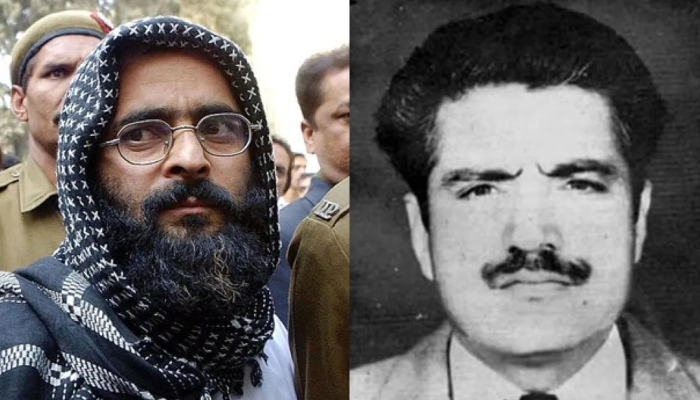


On 24th September, the Delhi High Court denied a Public Interest Litigation (PIL) that sought to have the graves of Kashmiri terrorists Mohammad Afzal Guru and Mohammad Maqbool Bhat removed from the Central Jail in Tihar.
The prayer which was filed by the Vishwa Vedic Sanatan Sangh wanted authorities to move the remains to a hidden location if needed to stop the glorification of terrorism and exploiting the jail’s facilities.
Mohammad Maqbool Bhatt, the founder of the Jammu Kashmir Liberation Front (JKLF) and Parliament attack convict Mohammad Afzal Guru were given the death penalty and were executed at Tihar jail. Guru was put to death in February 2013 while Bhatt was hanged in February 1984.
What did the plea say
The plea mentioned that the two planned and carried out terrorist attacks that seriously jeopardised India’s security, sovereignty and territorial integrity while working under the umbrella of “extremist Jihadi ideology.” It argued that the members of a particular community now uses the graves to pay respect to the terrorists.
According to the submission, Tihar has become a “radical pilgrimage spot” for extremist outfits due to the burial sites close to Jail No. 3. The PIL noted that the continued presence of these graves inside a state-controlled prison is illegal, unconstitutional, and against public interest.
“This not only undermines national security and public order, but also sanctifies terrorism in direct contravention of the principles of secularism and rule of law under the Constitution of India,” it expressed.
However, a Division Bench consisting of Chief Justice Devendra Kumar Upadhyaya and Justice Tushar Rao Gedela pronounced that it is unable to consider the request since the government must make that decision while taking law and order into consideration. They added that the government’s decision to bury them within the prison was a critical one and could not be changed after more than ten years.
The PIL emphasised that the installation of tombs, shrines, or other religious structures on jail property is prohibited by the Prisons Act of 1894, the Delhi Jail Manual of 2018 and other established prison laws. Additionally, it noted that the Delhi Prisons Rules of 2018 and the Delhi Prison Act of 2000 both prohibit the interment of prisoners within prison walls.
Citing the treatment of executed terrorists like Ajmal Kasab and Yakub Memon, where every effort was made to prevent glorification, the petitioners asked the court to step in immediately and order the dismantling of the graves and relocation of the remains in a secure and concealed manner.
The Delhi Municipal Corporation Act, 1957, specifically Section 397, which forbids burial at undesignated locations was also referenced in the plea. “The existence of graves inside the jail premises poses a serious risk of contagious and dangerous diseases to both the inmates and the employees of Tihar Jail,” it added.
The plea further contended, “The Jail Manual provides that bodies of executed prisoners are to be disposed of in a manner that maintains prison security, discipline, and public order. Nowhere does it permit the construction of permanent graves or shrines inside prison premises. By allowing such graves, the authorities have set a dangerous precedent that undermines the very purpose of prison discipline and order.”
The court agrees with the PIL
The court upheld the petitioner’s statement that the graves could not be used as a place of pilgrimage or glorification. However, it stated that a PIL asserting the same cannot be founded on newspaper stories and should be based on empirical evidence. “We understand there should not be glorification. But you say people are going there as a pilgrimage. Where is the data? If that is so, there can be directions to stop all this. But as of now, we do not know,” the court asked.
It added, “Somebody’s last rites have been performed, and that has to be done with solemnity. Removing a grave which might have been in existence for the last 12 years? The government decided it keeping in view the fallout regarding permitting giving the body to the family or burial outside the Tihar jail? These are very sensitive issues. There are so many factors. The government (took a decision) keeping in view all the aspects and took a call. Can we now challenge that decision after 12 years?”
The petitioner then applied for permission to withdraw the PIL and submit a new one with information on the site being visited and exalted by radicals. In light of this, the bench dismissed the petition as withdrawn.







